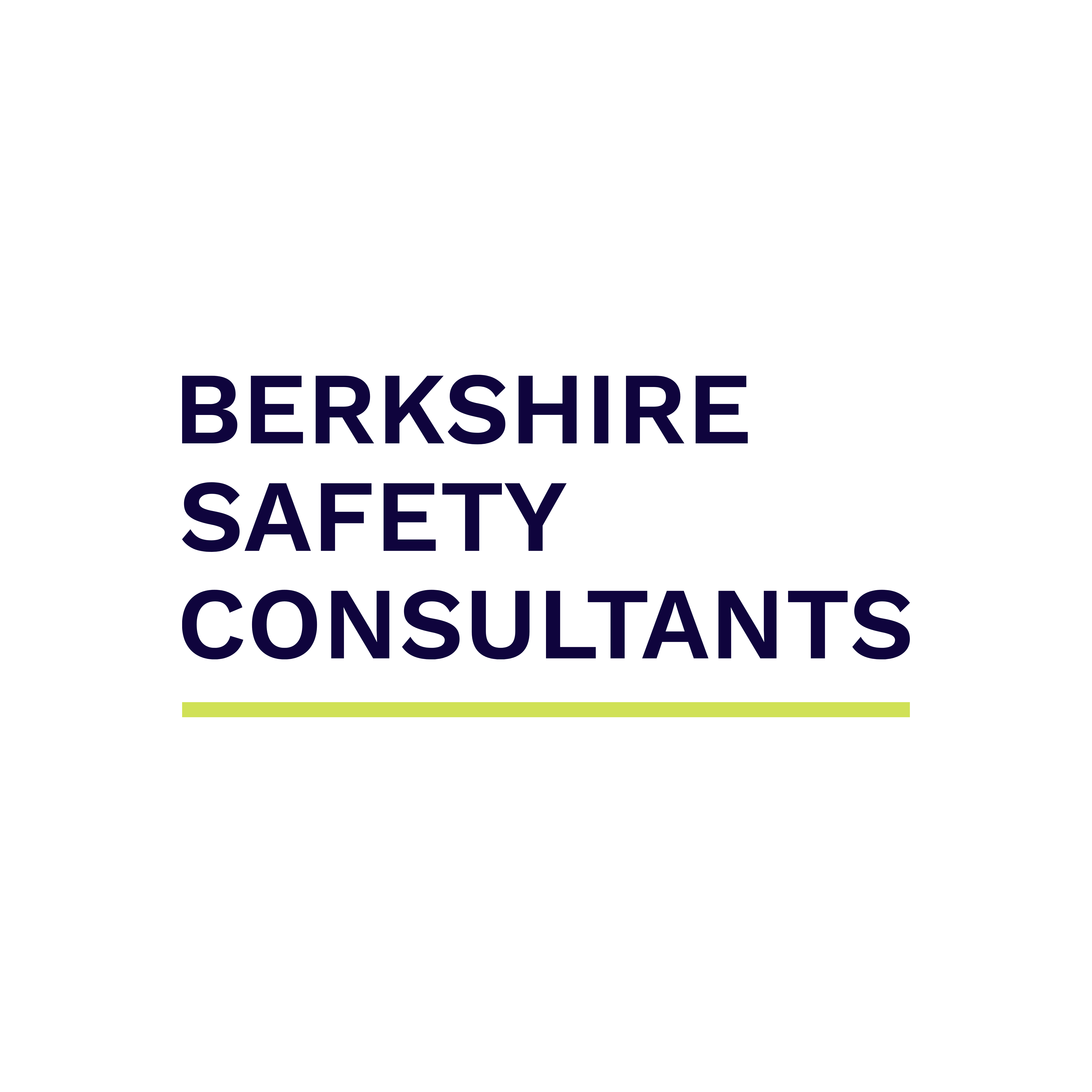A Guide to CDM Compliance: Why Every Building Company Needs to Embrace CDM Regulations
- Berkshire Safety Consultants

- Apr 18, 2024
- 2 min read
According to the HSE (Health and Safety Executive), falls from height are the leading cause of death in the construction industry. While a safe work environment is paramount, many building companies, especially smaller firms, might not be aware of the legal requirements to ensure worker safety. This is where the Construction Design and Management (CDM) regulations come in.

What is CDM and Why Does It Matter?
CDM regulations are a framework designed to ensure the safety and health of everyone involved in a construction project, from workers and clients to the public. By adhering to these regulations, building companies can demonstrate their commitment to safety and professionalism, while also avoiding hefty fines and legal repercussions.
The Multiple Benefits of CDM Compliance
While worker safety is the primary objective, CDM compliance offers a multitude of advantages for building companies:
Legal Compliance: Non-compliance with CDM regulations can result in significant fines, project delays, and even legal action. Following these guidelines ensures your company operates within the law and avoids costly legal headaches.
Safety: A safe work environment is not just about following regulations; it's about creating a culture where safety is everyone's priority. CDM regulations promote proactive risk management and hazard identification, minimising accidents, injuries, and fatalities.
Risk Management: CDM regulations require thorough planning and risk assessment throughout the construction process. By identifying and mitigating potential risks early on, you can avoid costly mistakes, delays due to accidents, and project budget overruns.
Client Confidence: In today's competitive construction market, demonstrating a commitment to safety and regulatory compliance is a major selling point. Clients are more likely to trust and award contracts to companies that prioritise the well-being of their workers and adhere to industry standards.
Improved Efficiency: CDM regulations promote better communication and coordination between all project stakeholders, including architects, engineers, and contractors. This fosters a more efficient work environment, reducing conflicts and delays, and ensuring projects are delivered on time and within budget.
Building a Strong Reputation: Following CDM regulations demonstrates your company's commitment to quality, safety, and ethical business practices. This translates into a positive reputation that attracts clients, and subcontractors, and strengthens relationships with regulatory authorities.
Reduced Liability: By proactively managing risks and adhering to safety protocols, you minimise the likelihood of accidents and potential legal claims arising from construction incidents. This reduces your company's liability exposure and protects your business from costly lawsuits.
Unlocking New Opportunities: Many public sector and large commercial projects require contractors to comply with CDM regulations as a bidding prerequisite. By embracing these regulations, you open doors to a wider range of projects and business opportunities, propelling your company's growth.
Investing in Safety is an Investment in Success
CDM regulations aren't just about following rules; they're about creating a safer and more successful construction business. By prioritising safety, you not only protect your workers and the public but also gain a competitive edge, build trust with clients, and ensure long-term business growth.
Ready to Get Started?
Berkshire Safety Consultants can help your construction company achieve and maintain CDM compliance. Our user-friendly eLearning platform offers a cost-effective and convenient way to train your staff on the latest CDM regulations.
.png)



Comments